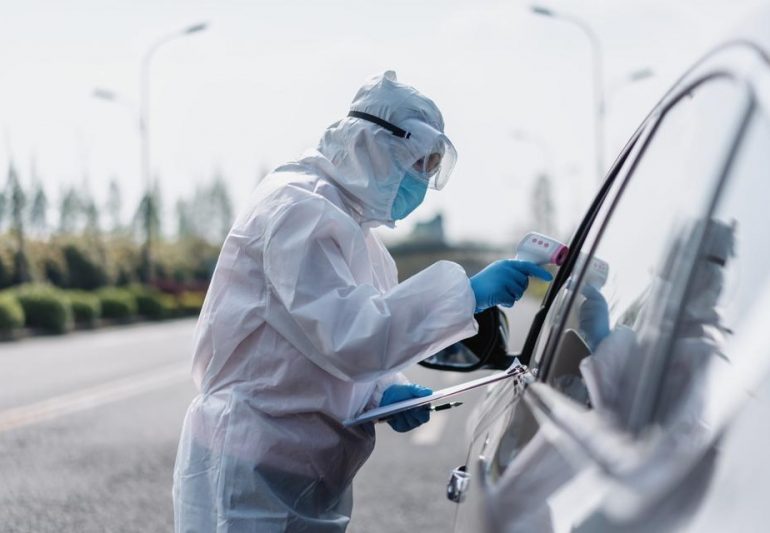Researchers at the Mayo Clinic have have found a link between Google searches and Covid-19 cases that could help experts predict and respond to Covid-19 outbreaks sooner — this link was evident up to 16 days before the first cases were reported, which could give officials an edge when allocating resources to areas in need. Researchers found a strong relationship between certain Google search terms, examined using Google Trends, and Covid-19 outbreaks in parts of the U.S.
There was a strong relationship between some keywords — including “Lysol,” “Face mask,” “loss of smell,” and “coronavirus testing center” — and outbreaks in an area, sometimes up to 16 days before cases were first reported.
The data, which is publicly available, could be used by officials to respond more quickly to outbreaks — “any delay in information could lead to missed opportunities to improve preparedness,” says Dr. Bydon, the study’s senior author.
Typically, traditional methods of surveillance, which include testing and public health reporting, lag behind the actual incidence of disease, which Dr. Bydon says makes this finding a “great way of helping to understand where future hot spots will emerge.”
In recent years, numerous studies have identified internet surveillance, particularly through keyword search trends, as a useful tool in predicting outbreaks of infectious disease. The information is cheap, if not free, to gather and available in real time, a significant change to traditional methods that can sometimes take weeks to gather and process accurately. This makes it a useful supplement to existing public health surveillance.
Google tried — and failed spectacularly — to predict flu outbreaks based on search trends a little over a decade ago. It serves as an important reminder that such predictive mechanisms can, and do, fail, and should be used to supplement, and not replace, existing surveillance.
"Forbes Georgia-ის სარედაქციო ბლოგპოსტების სერია "როგორ გამდიდრდა“ და "საქართველო რეიტინგებში".














